What is Colgate for Skin Whitening
The concept of using Colgate, a common toothpaste, for skin whitening has gained traction, particularly online. While primarily designed for oral hygiene, some individuals believe that certain ingredients in Colgate can lighten skin tone. This practice involves applying Colgate to the skin, with the intention of reducing the appearance of dark spots, uneven skin tone, and achieving a brighter complexion. However, it’s crucial to approach this practice with caution, as the effectiveness and safety of using Colgate for skin whitening are subjects of debate. This article explores the science behind this trend, its potential benefits, risks, and alternatives, offering a comprehensive guide to help you make informed decisions about your skincare routine.
The Science Behind Colgate
Colgate’s primary function is to clean and whiten teeth, achieved through a combination of abrasive agents, detergents, and active ingredients. The effectiveness of Colgate in teeth whitening stems from its ability to remove surface stains and polish the enamel. Some of the key ingredients in Colgate include abrasives like silica, which help physically remove stains. Fluoride is another crucial component, strengthening the enamel and preventing cavities. The presence of detergents, such as sodium lauryl sulfate (SLS), aids in creating a foaming action that helps distribute the toothpaste evenly across the teeth. However, the mechanisms that work on teeth do not necessarily translate effectively or safely to the skin. The skin’s structure and sensitivity differ significantly from tooth enamel, making it crucial to understand how Colgate interacts with the skin.
The Ingredients in Colgate
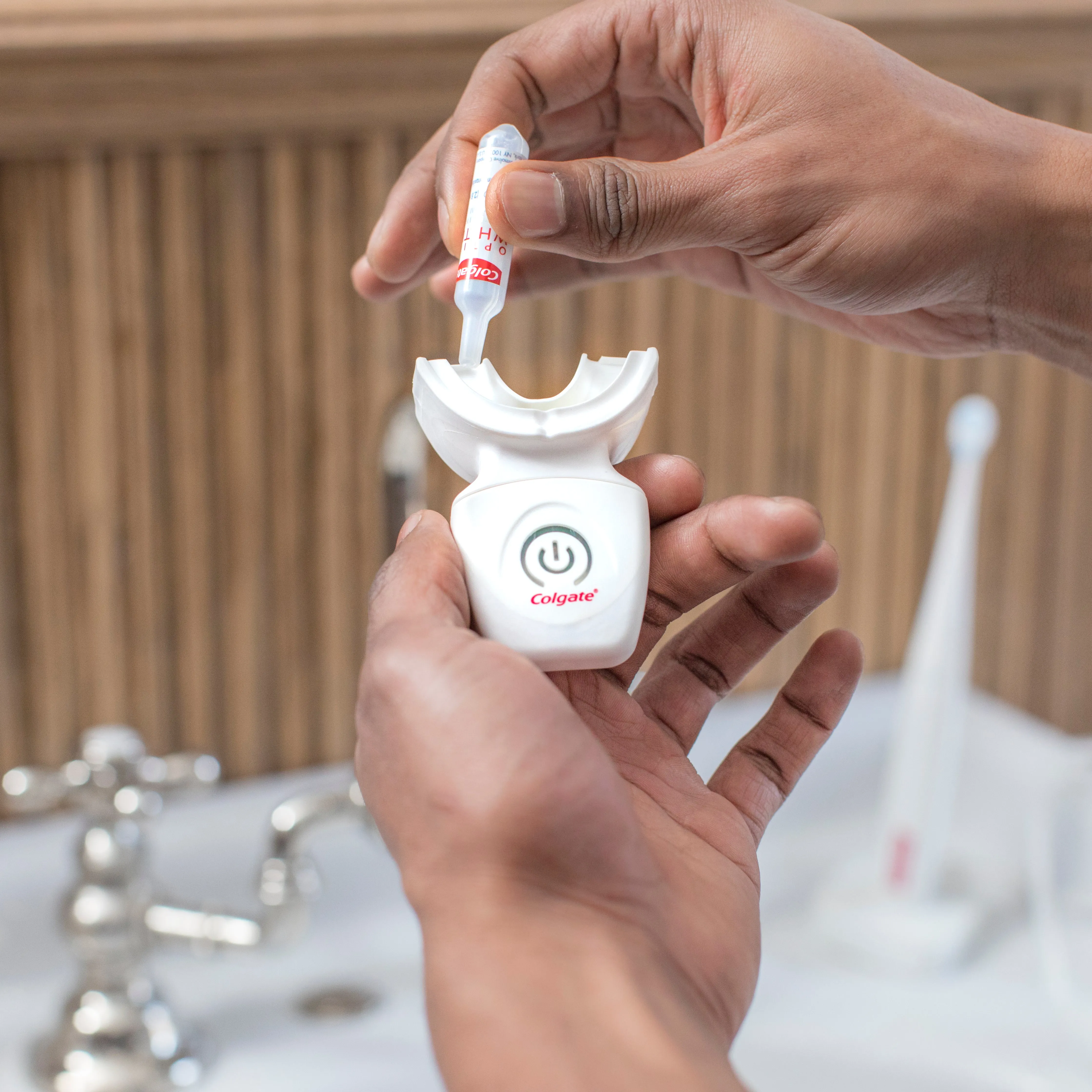
Understanding the specific ingredients in Colgate is essential to evaluating its potential effects on skin. The main ingredients include abrasives, fluoride, detergents, and flavoring agents. Abrasives like hydrated silica are designed to scrub away stains and debris. Fluoride is incorporated to strengthen tooth enamel. Detergents, such as SLS, are used to create the foaming action, facilitating the spread of the toothpaste. Flavoring agents, including mint and other additives, are included to improve the taste and overall user experience. Additionally, some Colgate formulations may contain whitening agents like hydrogen peroxide, which can help to oxidize stains. While these ingredients are generally safe for use on teeth, their impact on the skin can vary widely depending on the concentration, formulation, and individual skin sensitivity. The presence of harsh chemicals can potentially lead to skin irritation, dryness, or allergic reactions.
How Colgate Interacts With Skin
When Colgate is applied to the skin, it interacts differently compared to its function in the mouth. The abrasives, such as silica, can act as physical exfoliants, potentially removing dead skin cells from the surface. This exfoliation might initially make the skin appear brighter. However, the abrasive nature of the product can also cause micro-tears in the skin, leading to inflammation, irritation, and increased sensitivity to sunlight. Detergents, like SLS, can strip the skin of its natural oils, leading to dryness and potential damage to the skin barrier. Furthermore, the fluoride in Colgate is not designed for topical application and might cause skin irritation. The skin’s natural pH balance can be disrupted by these ingredients, increasing the risk of adverse reactions. Therefore, while Colgate might temporarily appear to improve skin tone due to exfoliation, the potential downsides often outweigh any perceived benefits.
Is Colgate Effective for Skin Whitening?
The effectiveness of Colgate for skin whitening is a topic of considerable debate, with little scientific evidence supporting its efficacy. While some users report a temporary brightening effect, this is more likely due to the abrasive action of the toothpaste rather than any actual whitening properties. The active ingredients in Colgate are not designed to target melanin production or to reduce the appearance of dark spots in the same way as skincare products specifically formulated for skin whitening. Therefore, relying on Colgate for significant or lasting skin whitening results is unrealistic. The potential risks associated with using Colgate on the skin often outweigh any perceived benefits. It is essential to consider the lack of scientific backing and prioritize skincare products that are specifically formulated, tested, and proven safe for skin whitening.
Scientific Evidence
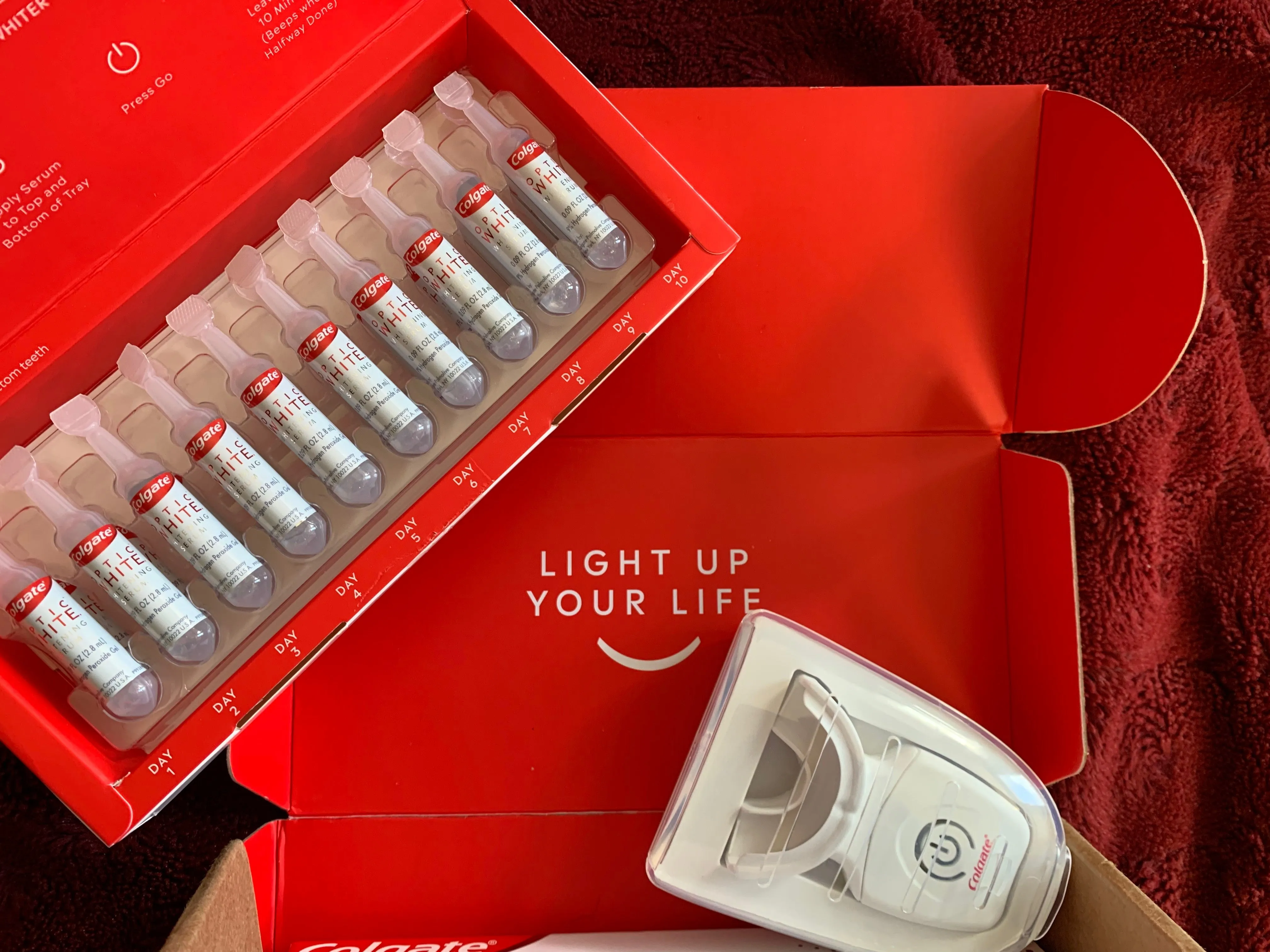
Scientific evidence directly supporting the use of Colgate for skin whitening is scarce. Most claims are based on anecdotal evidence and user experiences rather than controlled scientific studies. The active ingredients in Colgate, such as abrasives and detergents, are not formulated to interact with the skin’s melanin production. There are no clinical trials or research papers that demonstrate Colgate’s effectiveness in reducing hyperpigmentation, evening out skin tone, or providing significant skin-whitening effects. The lack of scientific support suggests that the claims about Colgate’s ability to whiten skin are largely unsubstantiated. Dermatologists and skincare experts generally recommend against using toothpaste on the skin, as it is not designed for topical use and may cause more harm than good.
User Testimonials and Reviews
Online forums and social media platforms are filled with user testimonials and reviews about using Colgate for skin whitening. Some users report experiencing a temporary brightening effect, while others describe adverse reactions such as skin irritation, dryness, and breakouts. The variability in user experiences highlights the lack of consistent results and the potential risks involved. Positive reviews often focus on short-term effects, such as a brighter complexion immediately after application. However, these positive experiences do not necessarily indicate the product’s long-term safety or effectiveness. Many negative reviews highlight the potential for irritation, redness, and allergic reactions. It’s crucial to approach user testimonials with a critical eye, recognizing that individual skin types and sensitivities vary, making it difficult to generalize the results. Consulting a dermatologist is always recommended before trying any new skincare method.
Potential Benefits of Using Colgate
While the risks associated with using Colgate for skin whitening generally outweigh the benefits, some anecdotal reports suggest minimal and temporary effects. Any perceived benefits are usually related to the physical exfoliation caused by the abrasive ingredients. This exfoliation can briefly remove dead skin cells, which might result in a slightly brighter appearance. However, this effect is superficial and does not address the underlying causes of uneven skin tone or hyperpigmentation. The whitening effects, if any, are typically short-lived and can be accompanied by skin irritation or damage. It is important to remember that these effects are not the result of the whitening properties of Colgate but rather a side effect of its abrasive nature. Therefore, any perceived benefit is outweighed by the potential for harm.
Whitening Effects
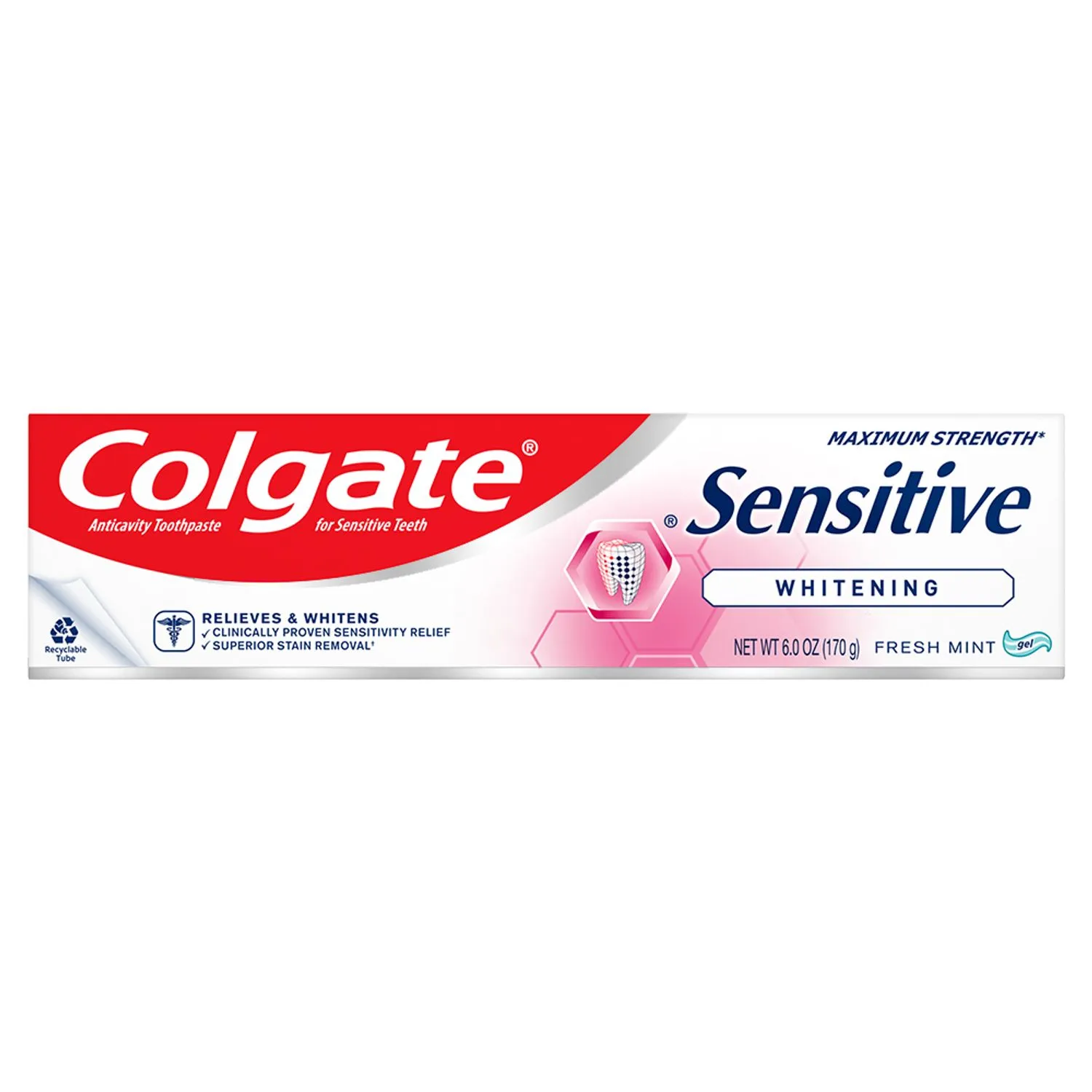
The term “whitening effects” when associated with Colgate is often misleading. Colgate’s formulation is designed to whiten teeth by removing surface stains, not to lighten skin tone by targeting melanin production. Any perceived whitening effects on the skin are likely due to the abrasive action of the toothpaste. This action may temporarily remove the topmost layer of dead skin cells, giving the skin a brighter look. This exfoliation is not the same as actual skin whitening, which aims to reduce melanin production or even out skin tone. The impact is very short-lived and not sustainable. Prolonged use can lead to significant damage and make the skin more vulnerable to sun damage and other environmental factors. Therefore, it’s important to understand that the concept of Colgate providing whitening effects is often misinterpreted.
Other Skincare Benefits
Beyond the anecdotal claims of whitening effects, Colgate does not offer any significant skincare benefits. The ingredients in Colgate are not formulated to address common skincare concerns such as acne, wrinkles, or hydration. The abrasive nature of the product can cause irritation and dryness, worsening conditions like acne and eczema. Furthermore, the detergents, such as SLS, can strip the skin of its natural oils, leading to dehydration. The fluoride in Colgate is beneficial for dental health, but it is not designed for topical application and has no established benefits for skin. The lack of any beneficial ingredients for skincare and the potential for harm make Colgate an unsuitable product for general skincare purposes. Using Colgate on the skin can disrupt the skin’s natural balance, leading to adverse effects and potentially exacerbating existing skin conditions.
How to Use Colgate for Skin Whitening Safely
Given the potential risks and limited benefits, it is generally not recommended to use Colgate for skin whitening. However, if an individual chooses to proceed, it should be done with extreme caution and awareness of the potential dangers. The most important thing is to perform a patch test before applying Colgate to any large area of the skin. Apply a small amount of toothpaste to a discreet area, such as the inside of the arm, and wait for at least 24 hours to observe any reactions. If any irritation, redness, or itching occurs, discontinue use immediately. Diluting the toothpaste with water can also reduce the concentration of potentially irritating ingredients. Always rinse thoroughly with water after a short application period and moisturize the skin to counteract the drying effects. Limit the frequency of use to no more than once or twice a week, and avoid using Colgate on sensitive areas of the face, such as around the eyes or lips.
Application Methods
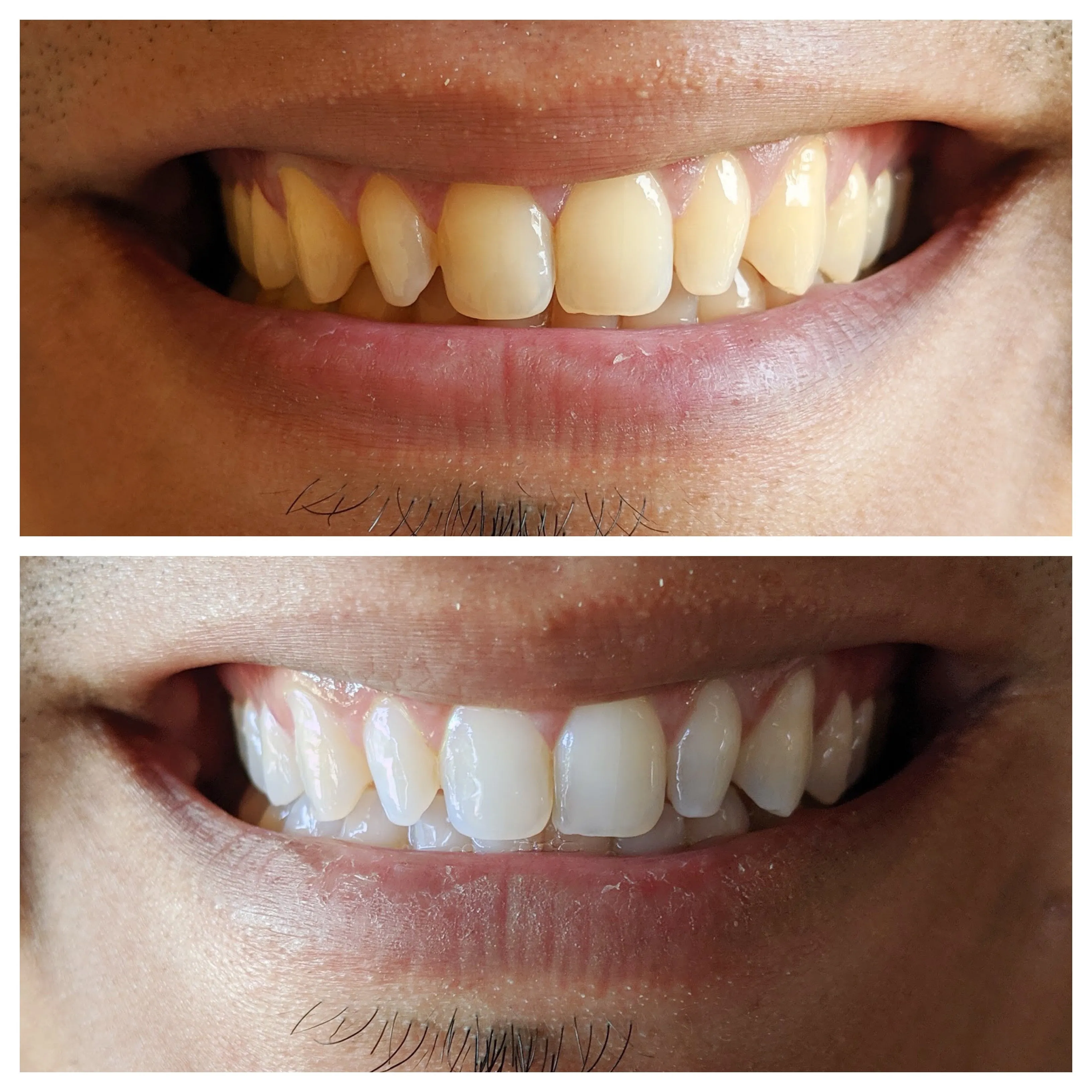
If someone decides to try Colgate for skin whitening, the application methods should be extremely cautious. The most common method involves applying a thin layer of toothpaste directly to the skin, allowing it to sit for a short period. It’s important to use a non-gel toothpaste, as gel formulations often contain additional ingredients that might irritate the skin. Some users mix Colgate with other ingredients, such as lemon juice or baking soda, to enhance the whitening effect. However, mixing Colgate with other substances can increase the risk of irritation and other adverse reactions. Ensure a very thin application to minimize potential damage. After the specified time, gently rinse the area with lukewarm water and pat the skin dry. Immediately apply a moisturizer to prevent dryness and soothe the skin. It is critical to understand that these methods are based on anecdotal evidence and have no scientific backing.
Frequency of Use
Due to the potential for irritation and other adverse effects, the frequency of using Colgate for skin whitening should be strictly limited. It’s recommended to use it sparingly, if at all. A safe approach would be to apply it no more than once or twice a month, and only after conducting a patch test and observing no negative reactions. Using Colgate more frequently can strip the skin of its natural oils, leading to dryness, irritation, and potential damage to the skin barrier. The cumulative effects of frequent use can worsen skin conditions and increase sensitivity to sunlight. Pay close attention to how your skin reacts, and discontinue use immediately if any signs of irritation or adverse reactions appear. For optimal skin health, it is always advisable to consult a dermatologist for professional advice and skincare recommendations.
Precautions and Side Effects
The use of Colgate for skin whitening carries several potential risks and side effects. The abrasive nature of the toothpaste can lead to skin irritation, redness, and inflammation. Detergents such as SLS can cause dryness and disrupt the skin’s natural moisture barrier. Allergic reactions are also possible, especially with sensitive skin. Contact dermatitis, characterized by a red, itchy rash, is a common side effect. Moreover, the potential for micro-tears in the skin can increase vulnerability to infections and increase sensitivity to sun exposure, making the skin prone to sunburn and further damage. These potential adverse effects highlight the importance of caution and careful consideration before using Colgate on the skin.
Potential Risks
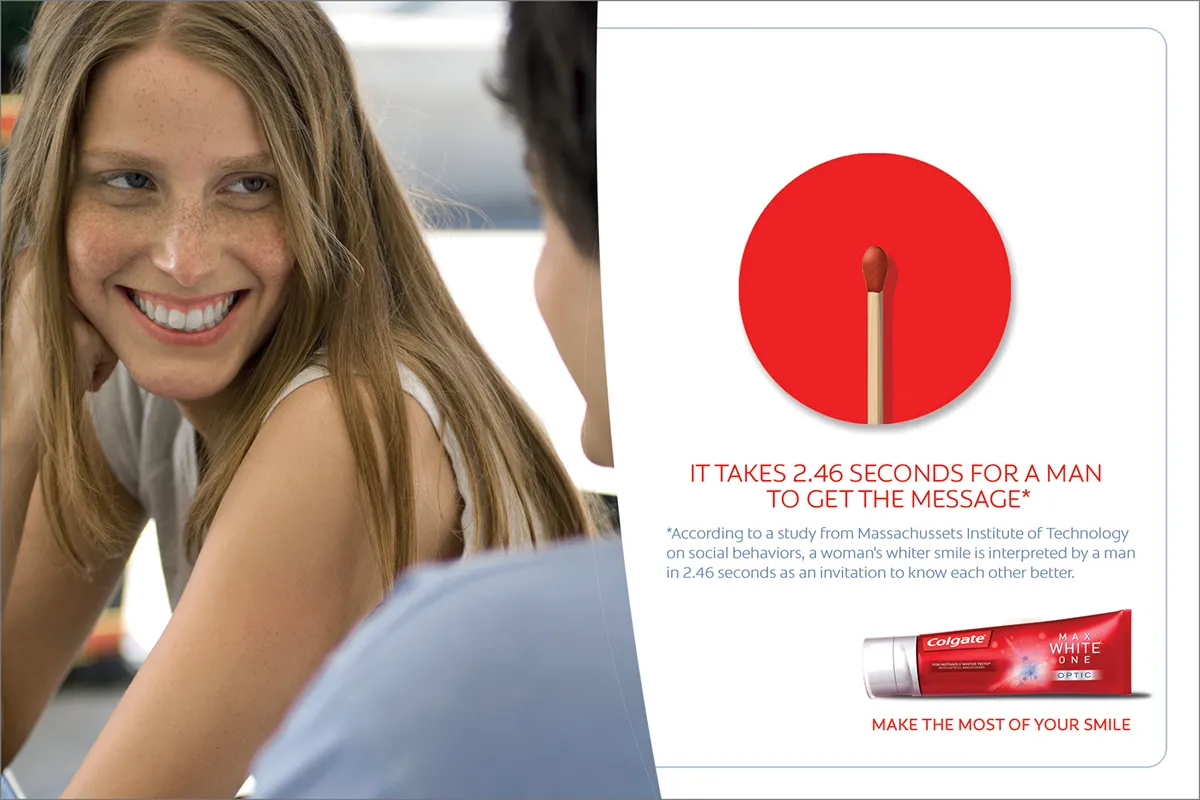
The potential risks of using Colgate for skin whitening include a range of adverse effects, from mild irritation to more serious skin damage. The abrasive ingredients can scratch the skin, leading to inflammation, redness, and potentially scarring. The detergents can strip away natural oils, causing dryness, cracking, and a compromised skin barrier. Allergic reactions are a significant risk, as the skin can react negatively to various ingredients in Colgate. The use of toothpaste on the skin can disrupt the skin’s pH balance, which can lead to infections and exacerbation of existing skin conditions, such as acne or eczema. Increased sun sensitivity is another key risk, as the skin’s protective layers can be weakened, increasing the likelihood of sunburn and long-term sun damage. Therefore, the risks associated with using Colgate for skin whitening far outweigh any potential, short-lived benefits.
When to Consult a Dermatologist
If you experience any adverse reactions, such as redness, itching, dryness, or a rash after using Colgate on your skin, it’s essential to consult a dermatologist immediately. A dermatologist can assess the extent of the damage and recommend appropriate treatments to soothe the skin and prevent further complications. It is also advisable to seek professional advice if you’re considering using Colgate for skin whitening, as a dermatologist can provide evidence-based recommendations, taking into account your skin type and specific concerns. Dermatologists are trained to address skin issues, offer personalized skincare routines, and can suggest safer and more effective skin-whitening alternatives. Consulting a dermatologist can protect your skin’s health and help you achieve desired results without risking potential harm.
Alternatives to Colgate for Skin Whitening
Instead of relying on Colgate for skin whitening, several safe and effective alternatives are available. Skincare products specifically formulated for skin whitening are a much better choice, offering targeted ingredients and proven efficacy. These products often contain active ingredients like vitamin C, niacinamide, kojic acid, or hydroquinone. These ingredients work by inhibiting melanin production, reducing the appearance of dark spots, and evening out skin tone. They are formulated to be gentle on the skin, minimizing the risk of irritation. Regular use of sunscreen is also crucial to protect the skin from further damage and hyperpigmentation. Consulting a dermatologist is a great step towards a personalized skincare routine.
Other Whitening Products

Numerous skin-whitening products are available, specifically formulated to address uneven skin tone and hyperpigmentation. These products come in the form of creams, serums, lotions, and other treatments. The most effective contain active ingredients like vitamin C, which acts as an antioxidant and brightens the skin; niacinamide, which helps reduce inflammation and improve skin tone; kojic acid, known for its ability to lighten dark spots; and hydroquinone, a potent ingredient prescribed by dermatologists to reduce melanin production. When selecting a skin-whitening product, consider your skin type and concerns, look for products from reputable brands, and consult with a dermatologist to ensure the product is suitable for your needs. These skincare products are designed to deliver safer and more effective results than using toothpaste on the skin.
Natural Remedies
For those seeking natural alternatives for skin whitening, several options are available. Ingredients like aloe vera, known for its soothing and moisturizing properties, can help promote skin health. Lemon juice, which contains citric acid, can exfoliate the skin and potentially lighten dark spots, but should be used with caution due to its acidity. Turmeric, with its anti-inflammatory and antioxidant properties, is another popular ingredient in many skincare routines. However, these natural remedies may not provide significant whitening effects and can sometimes cause irritation, especially if you have sensitive skin. Always perform a patch test before applying any new ingredient to a large area. Consulting a dermatologist or skincare specialist is always the best way to ensure your skincare routine is effective and safe.
